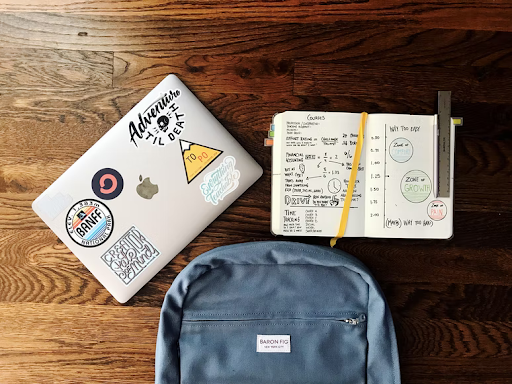Always Read The Fine Print! A Guide To Student Medical Care
College can be a time of great fun and new experiences, but it can also be a time when you are faced with new challenges. One of the most important things to do as a college student is to make sure that you have adequate health insurance. Many students assume that their parent’s health insurance policy will cover them while they are away at school, but this is not always the case. In fact, many policies only provide coverage for students if they are enrolled in an accredited school program. If you are not covered by your parent’s policy or if you are not enrolled in a school program, then you will need to find alternative medical coverage.
Being Ill?
If you are a student and happen to be ill, you need to think about some things such as your school’s policy on medications. Some schools allow students to take over-the-counter medication while others do not. If your school does not permit you to take medication, make sure you know the consequences of taking them anyway. For instance, at Scarborough Procare, students are always advised to consult with their school’s guidance counselor or nurse before taking any medication. Additionally, many medications require a doctor’s note in order to be dispensed and you need to carefully read the instructions before using a medicine.
Student Health Insurance Plan
There are a few different options available to college students who need health insurance. One option is to enroll in a student health insurance plan. These plans are typically offered by the school that you are attending and can be a great way to get comprehensive coverage. They offer a wide range of benefits and can be customized to meet your individual needs. The downside to these plans is that they can be overpriced, so it is important to compare rates before enrolling.
Private Health Insurance Policy
Another option is to purchase a private health insurance policy on the open market. This may be more expensive than a student health insurance plan, but it can be a good option for students who do not have access to a student health insurance plan. These plans usually offer a wider range of benefits than student health insurance plans and can be customized to meet your individual needs. Some of those benefits are dental care, optical care, and maternity coverage. The downside to these plans is that they can be more expensive than student health insurance plans.
Health Insurance Through Your Parents

If you are under the age of 26, you may be able to stay on your parents’ health insurance policy. This is a great option for students who want to save money on their health insurance. The downside to this option is that your parent’s health insurance policy may not cover you if you are attending school outside of the country. Also, if you are over the age of 26, you will not be eligible for this option. If you are 26+ you need to get your own insurance. This type of insurance is called an adult health insurance policy.
An Adult Health Insurance Policy
If you are over the age of 26, you will need to get an adult health insurance policy. There are a few different options available to adults who need health insurance. One option is to enroll in an employer-sponsored health insurance plan. This is a great option for people who have full-time jobs that offer benefits. The downside to this option is that you may not be eligible for this type of coverage if you are part-time or if you are self-employed. Another option is to purchase a private health insurance policy on the open market. This may be more expensive than an employer-sponsored health insurance plan, but it can be a good option for people who do not have access to an employer-sponsored health insurance plan. These plans usually offer a wider range of benefits and perks, but on the other hand, they are costly.
Medical Care for International Students
If you are an international student, you will need to purchase a health insurance policy that meets the requirements of your school. If you do not have an insurance policy that meets these requirements, you will not be able to attend school. There are a few different options available to international students. For example, you can enroll in a school-sponsored health insurance plan. This plan will meet the requirements of your school and will provide you with comprehensive coverage. You should get quotes from a few different providers before enrolling in a plan. They can help you find the best plan for your needs.
Student Medical Care is a great resource for finding affordable health insurance for college students. They offer a variety of plans that can meet your needs and budget. Be sure to read the fine print before enrolling in any plan, as there may be some restrictions or exclusions that you are not aware of. But with a little research, you can find the perfect health insurance plan for you! Thank you for reading!















